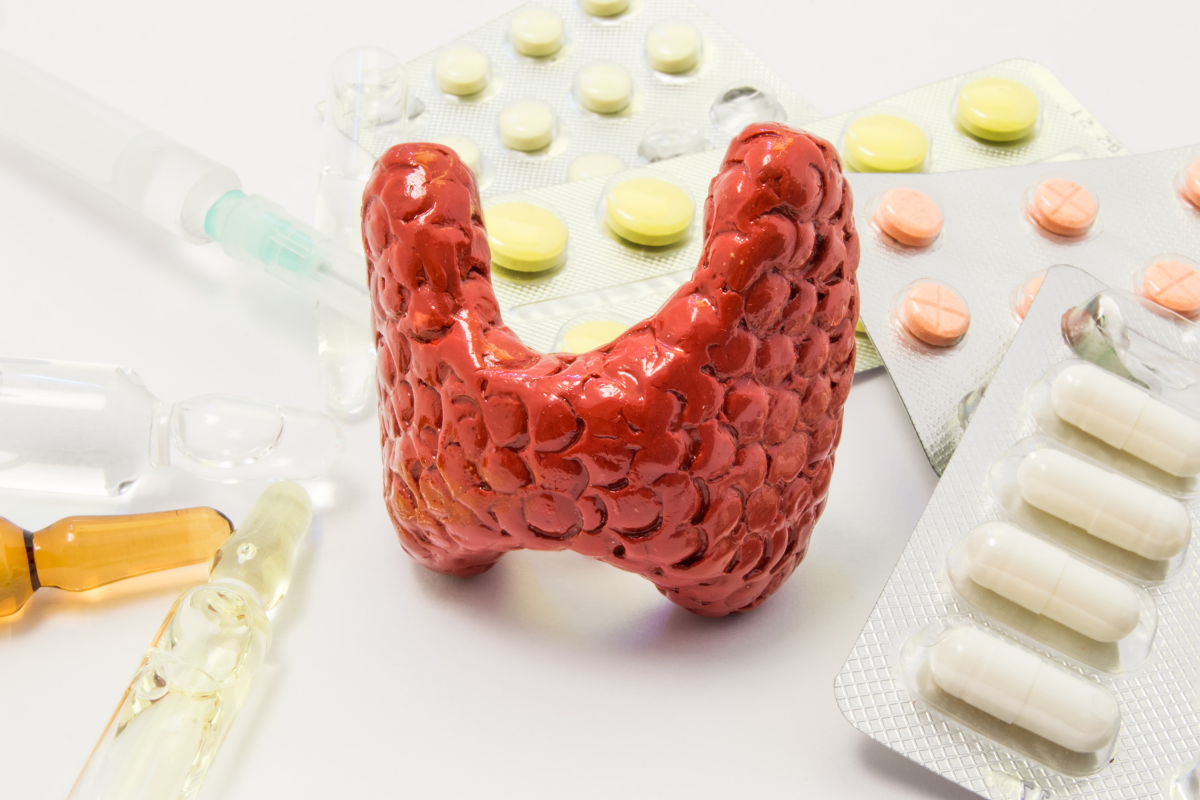What is known about increased fertility postpartum? Is it true that you are more fertile immediately after giving birth? For how long? I’m six weeks postpartum, and we conceived our child through a very difficult and expensive IVF journey. We’re willing to try to get pregnant again immediately if it means avoiding IVF.
—Anonymous
While the desire to avoid an expensive and lengthy IVF journey is totally understandable, there are some things to consider when attempting pregnancy immediately postpartum.
To start, let’s think about when the ability to get pregnant actually returns postpartum. The length of time until ovulation, and subsequently menstruation, returns after delivery can vary from four weeks to six months postpartum. The duration is also closely related to breastfeeding, but even the amount of breastfeeding required to prevent ovulation can vary from person to person. And others may experience anovulatory menstrual cycles postpartum — meaning, you are menstruating at some predictable frequency, but your body isn’t actually releasing an egg midcycle.

Your physiology purposefully delays the start of ovulatory menstrual cycles for good reason — it needs to recover. Pregnancy and delivery take a huge toll on the body. Attempting pregnancy or an embryo transfer too soon can lead to significant maternal, fetal, and obstetric issues, most notably preterm delivery as well as low birth weight for the baby. The American College of Obstetrics and Gynecology recommends a minimum of six months after delivery before attempting conception, and states the ideal length of time is 18 months. However, the evidence for this is tenuous in high-resource settings like the U.S.
When you do start menstruating, are you more likely to achieve pregnancy? There’s no clear data on this one. We do know that women who successfully conceive and deliver have a good prognosis for being able to do so again. In studies of natural conceptions in fertile couples who attempted pregnancy as soon as menstruation resumed, the average was 8.5 months from delivery to conception.
After struggling with infertility, it is understandable that patients may want to get the process started again soon. It is important to discuss your age and the cause of your infertility with your doctor, and how these factors predict whether fertility will be a struggle again. For some patients, despite the risks, fertility treatments may be initiated sooner than the recommended timeframe if a long treatment process is predicted. If, after weighing the pros and cons, you and your doctor do decide to attempt an embryo transfer before 12 months, the evidence suggests there is no negative impact on the success rate of the transfer, and one study showed a slight increase in transfer success before 12 months compared to 12-18 months.
Community Guidelines













Log in